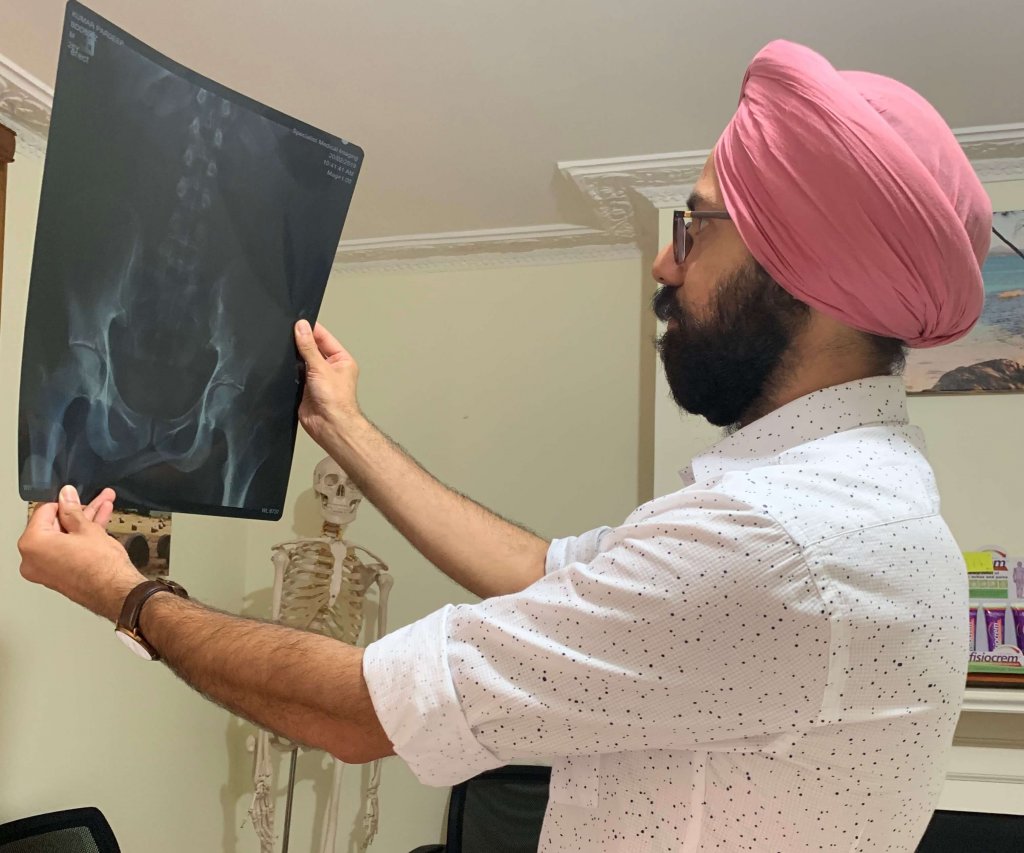Post Fracture Rehabilitation
Post Fracture Rehabilitation

What is a fracture?
Fractures are broken bones. The severity of a fracture usually depends on many factors such as the trauma involved, how you fell etc. Fractures may be caused by a traumatic incident, repetitive stress, or can be genetic. Falls, motor vehicle accidents, or trauma from sports can all result in fractures. A stress fracture usually occurs when muscles become fatigued and are unable to absorb shock. Eventually, the fatigued muscle transfers the excess stress to the bone, causing a tiny fracture called a stress fracture. Some medical conditions, such as osteoporosis, cause our bones to weaken and increase your risk of fracture. An osteoporotic fracture is an example of a pathological fracture.
Issues with a fracture
Most fractures (broken bones) will heal into the new strong bone from approximately 6-weeks. But that is only one of the problems which occur with a broken bone. A fracture requires a lot of external force to break the bone. When you have enough stress placed through your body to fracture a bone, there’s usually a lot of other damaged soft tissues and structures around the bone. To allow bone healing to take place, the area is normally compressed with plaster or a cast which causes further stiffness once the cast is removed 6 weeks later. This causes joint stiffness and considerable muscle weakness.
Physiotherapy Management of Fractures
Physiotherapists can assist in management and rehabilitation of fractures. Your Physiotherapist will work closely with your GP and Ortho Specialist to better guide management.If you have sustained a fracture, it is critical you contact a Physiotherapist early to optimise healing and facilitate return to normal function.
Physiotherapy can assist your fracture healing by:
- Muscle Assessment: Following injury, muscles surrounding the fracture site weaken. It is critical that a safe exercise program is prescribed and progressed under the supervision of a physiotherapist to restore strength and prevent secondary complications.
- Joint Mobilisation: Joint stiffness often occurs when a limb is not allowed to move for several weeks. Physiotherapists are trained in techniques that can improve and restore range of movement of the affected joints once the fracture has healed.
- Heat and Electrotherapy: It is very common for stiffness within soft tissues to occur following immobilisation. Heat and Electrotherapy have been shown as useful adjuncts to manual treatment and exercise therapy in relieving pain and restoring muscle length.
- Gait Education: If your fracture requires the use of gait aids, such as crutches, your physiotherapist can prescribe you with the most appropriate equipment and way of walking that promotes optimal healing and safety.
Physiotherapist can also assist by providing crucial aids to assist you during the fracture healing process.
Get in touch with us today!
